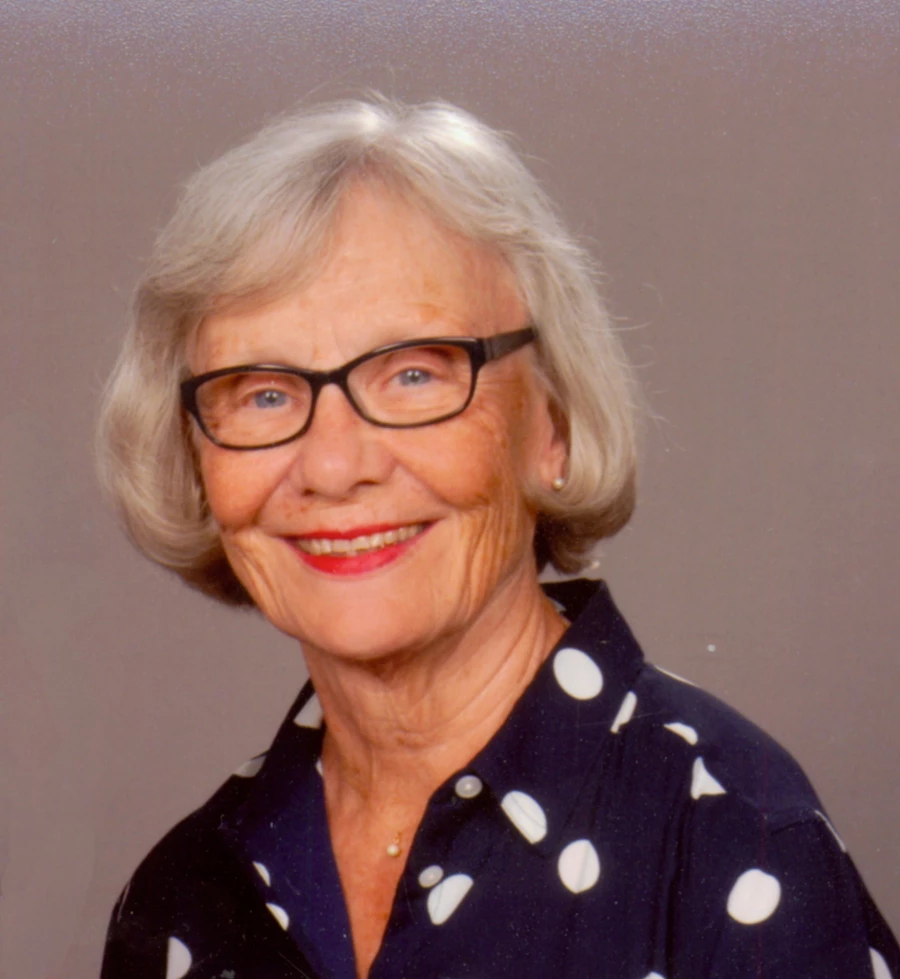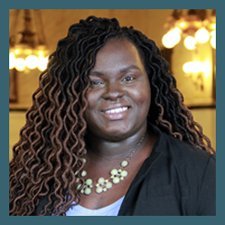How does a small-town girl from Wisconsin find herself in a C5A Air Force transport, directing Russian soldiers unloading relief supplies?
Jana Edge did not plan to enter nursing, but looking at the limited options open to an educated woman in the 1950s – secretarial, nursing or education – she chose the caring profession and created a unique career.
Jana learned justice at any early age. Her father was a World War II veteran, who returned to teach band at Watertown, Wisconsin. Two young African-American girls wanted to be majorettes in the marching band. He had them complete the try-outs along with other students and they won a position. A few weeks later, Jana’s father was dismissed from the school.
He insisted that his daughters be self-sufficient and achieve higher education. With limited options, Jana earned her RN at Methodist Hospital School of Nursing, Madison. At that time, nursing students were required to work 50 weeks a year and work 40 clinical hours a week while pursuing their academic education.
At 16, on a blind date she met her future husband Orlyn Edge. While he finished graduate school at the University of Iowa, they raised their two children (eventually three) and Jana worked the hospital night shift. In 1966, they came to Illinois State University, where Orlyn joined the Mathematics faculty.
As their children grew, Jana returned to nursing, working the night shift at Mennonite Hospital. While there, she was continually challenged to expand her horizons, working in different departments, pushing her own comfort level. Jana did not feel comfortable in the intensive care or surgical units, but when asked, took on the challenge. Eventually, she became the Surgical Unit Director.
Holistic health was her concern long before the word “holistic” entered the vocabulary. She learned about churches where “parish nurses” became the go-between and access point for parishioners. She quit her job at Mennonite and became the Parish Nurse for First United Methodist in Normal. Jana was the first paid parish nurse south of I-80 in Illinois. She described the Parish Nurse position as one built on “assisting church members to maintain their dignity while addressing healthcare concerns; drawing strength from their spiritual life, faith and belief.”
In 1988, a group of local activists began exploring a “Sister City” relationship with a Russian community, hoping to lessen Cold War tensions. Jana and Orlyn were in the delegation to the Soviet Union and the group eventually selected Vladimir as Bloomington-Normal’s sister city.
The local effort persisted and eventually Jana would lead 22 trips to Vladimir. In 1991, as the Soviet Union collapsed into autonomous republics and today’s Russia, the economic situation was dire. The call came back to Bloomington-Normal for medical aid.
Working with the U.S. Agency for International Development, a semi-load of medical supplies was donated locally. In this pre-internet age, communication was sketchy and a phone call to Vladimir cost $5 per minute. Jana persisted and 50 pallet loads were collected in 3 months due to the generosity of this community. The local delegation preceded the supplies. There were donations from Kansas and from Bloomington, Illinois. The C5A Transport was the first American shipment of humanitarian aid to reach Russia in 1992.
Jana and the Bloomington team were on the tarmac as the C5A landed and the giant cargo doors opened. After the first pallet was unloaded, the Russian scissor lift failed. Jana climbed into the cargo hold, directing the Russian soldiers to load and separate the materials bound for Vladimir, box by box, bucket-brigade style. After eight hours, the shipment was ready to roll. Then began the long road trip to Vladimir, arriving in the early morning.
Vladimir’s eleven hospitals vied for the supplies. Eventually they were distributed through the Red Cross Hospital. This led Jana to an even deeper understanding of Russian medicine and its often-impoverished standards and delivery system. Hospital facilities were very poor compared to U.S. hygiene and patient care delivery; not because the Russian healthcare providers didn’t know different delivery but because they had been under funded for 20 years. Doctors and medical staff were poorly paid, not respected, and often drove taxis and had second jobs to maintain their families.
Locally as the medical program grew Jana recalls being called a “communist, unpatriotic” and threatened, including anonymous phone calls: “We know you are home alone right now.”
This led Jana to a new and more sophisticated mission. It was determined that due to differences in the healthcare systems technology wasn’t as helpful as professional relationships. Through developing a relationship with Vladimir Regional Healthcare it was determined that developing a healthier community would be the goal. She initiated medical professional exchanges between local medical practitioners and their Vladimir counterparts. This deepened medical knowledge for both sides and introduced new healthcare delivery to the Russians and facilitated personal relationships for the Americans. Mutual respect was the key. Saying, “this is how we do it in America” was not a welcomed phrase. “We must understand culture,” Jana noted. “We celebrated weddings, birthdays, cemetery customs together. Unless you learn about culture, you really don’t understand the life of someone else.”
Over 20 trips to Russia later, with multiple medical and community exchanges, Jana had taken on her fears and tried new paths. Jana’s journey of healing and caring that she had practiced at the bedside of patients for decades gave her grounding for her small attempt in healing a half-century of political and military division; caring outreach directed at the citizens, a simple human bridge to the gap between two nations.

